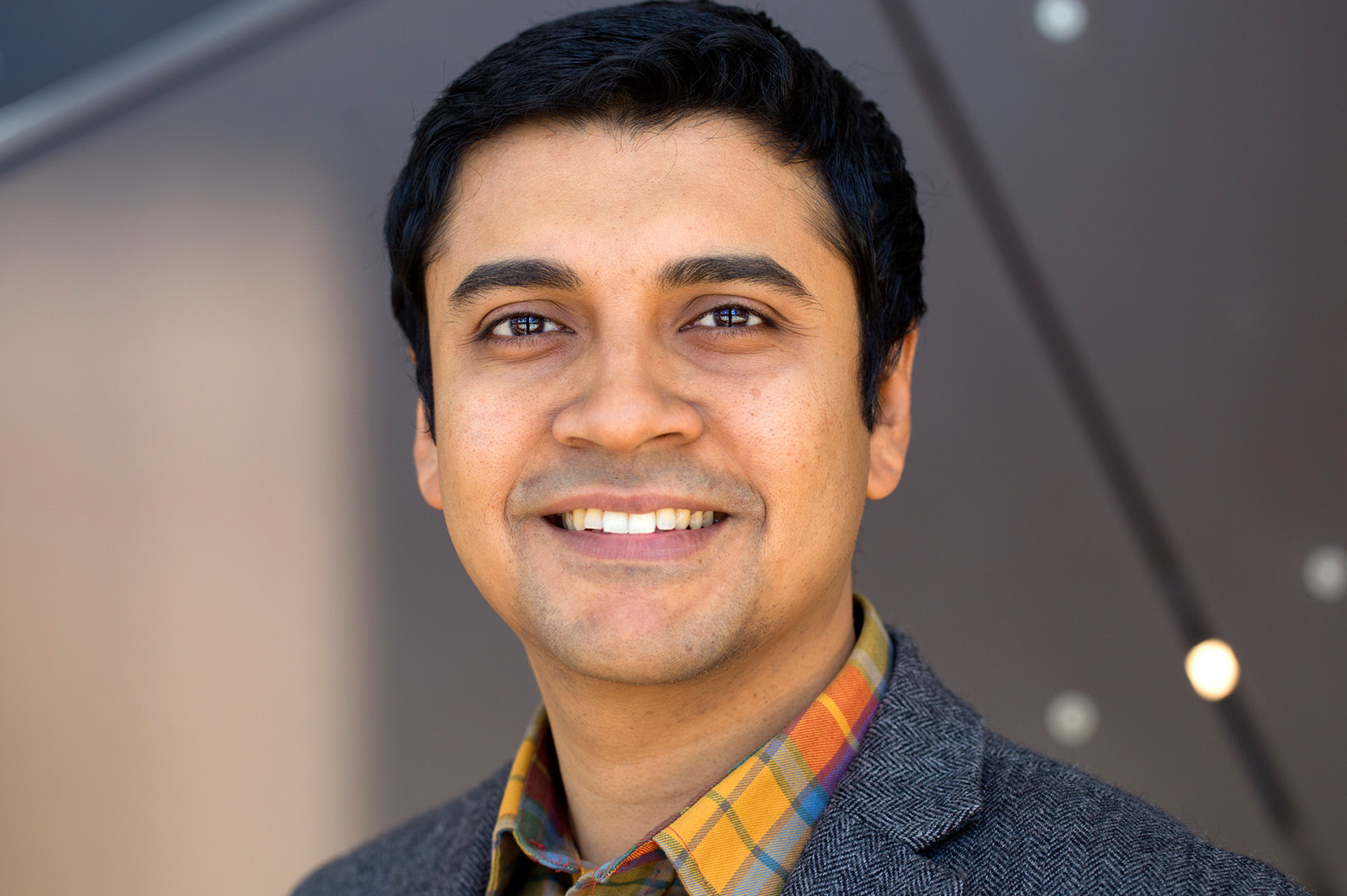Mosharaf Chowdhury receives ACM SIGCOMM Dissertation Award
Prof. Chowdhury bridges the gap between application-level performance and network-level optimizations through the coflow abstraction.

 Enlarge
Enlarge
Prof. Mosharaf Chowdhury has been awarded the 2015 ACM SIGCOMM Doctoral Dissertation Award for his dissertation, “Coflow: A Networking Abstraction for Distributed Data-Parallel Applications,” which he completed while a student at UC Berkeley.
The SIGCOMM Doctoral Dissertation Award was created in 2011 and recognizes excellent thesis research by doctoral candidates in the field of computer networking and data communication. A single winner and up to two runners-up are recognized each year at the ACM SIGCOMM conference.
In his dissertation, Prof. Chowdhury bridges the gap between application-level performance and network-level optimizations through the coflow abstraction. Each multipoint-to multipoint coflow represents a collection of flows with a common application-level performance objective, enabling application-aware decision-making in the network. He describes complete solutions including architectures, algorithms, and implementations that apply coflows to multiple scenarios using central coordination, and he demonstrates through large-scale cloud deployments and trace-driven simulations that simply knowing how flows relate to each other is enough for better network scheduling, meeting more deadlines, and providing higher performance isolation than what is otherwise possible using today’s application-agnostic solutions.
Prof. Mosharaf Chowdhury joined the faculty at Michigan in January 2016 after receiving his PhD in Computer Science from UC Berkeley in 2015. His research is in the areas of networked systems, networking, and big data, and he is affiliated with the department’s Software Systems Lab. His current focus is on increasing application-infrastructure symbiosis in geo-distributed and rack-scale computing.
 MENU
MENU 
